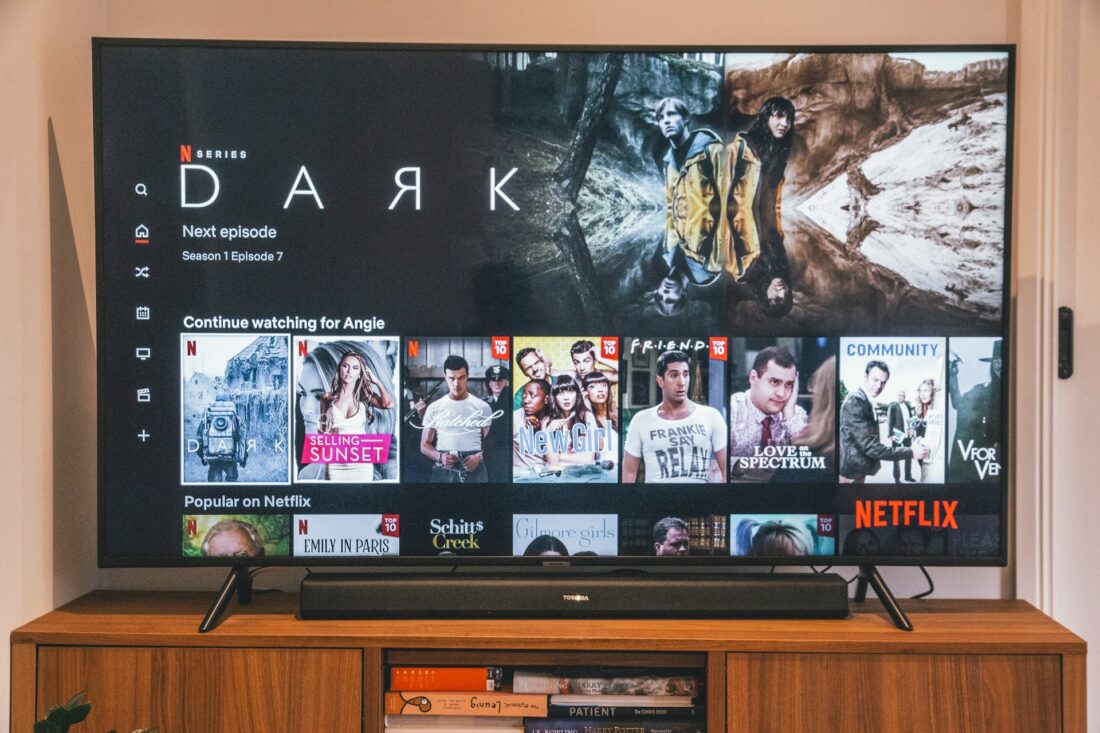Artificial Intelligence (AI) is everywhere these days. A lot of companies are using it to optimize their operations and boost productivity. If you’re not sure how you can use AI to improve your workflow, you’ll need to take a look at what other businesses are doing.
In this article, we’ll look at some brands that are using AI in 2024. We’ll explain how they’re leveraging the technology and how you can put these examples into action. Let’s get to it!
The Most Common Use Cases for AI
You may already be familiar with AI tools such as ChatGPT. These Large Language Models (LLMs) can help you brainstorm ideas and generate content. They can also answer questions on a variety of topics:
You can even use AI tools to produce images and videos, although you’ll typically get better results with generated text than you do with media. Depending on what service you use, you might also be able to employ AI for more complex tasks, such as creating presentations.
To give you an example, we used a ChatGPT plugin that connects with a third-party service, Canva, and asked it to give us some presentation templates for a specific project:
Using AI can be very helpful if you’re stuck for ideas, or you don’t have anyone to assist you with a project. You might even use it for data analysis, or to break complex information into more digestible chunks.
Overall, AI has a lot of fascinating use cases for regular users. However, many businesses are doing more exciting things with AI, and they typically don’t rely on the same public interfaces available to regular users.
Instead, they connect to services such as ChatGPT via their APIs for managing more complex requests. In the next section, we’ll go over some of the most interesting ways in which brands are using AI.
How Real Brands Are Using AI
You might think that AI is only good for basic tasks, such as creating outlines and fixing spelling mistakes. However, some brands are using AI in truly creative ways. Understanding the potential of this technology can help you do the same.
So, let’s look at some real use cases of AI.
Moz
If you’ve been working on your site’s Search Engine Optimization (SEO), then you’re probably familiar with Moz.
This platform offers a variety of services and tools for SEO analysis. You can use it to determine what keywords to focus on, how your competitor sites are doing, and track your Domain Authority (DA), among other things:
While there’s debate concerning whether DA correlates to rankings, many website owners still pay attention to this metric. It helps them determine the authority of their site in a specific niche.
What you might not know is that Moz uses AI to calculate this score. More specifically, it uses a neural network that considers multiple proprietary criteria. The exact formula is not available to the public, but it’s all calculated according to an algorithm.
The algorithm itself changes constantly as new data points become available, but it’s all done by machines. In theory, the neural network can improve the method it uses to calculate DA scores by making automatic changes to the algorithm.
Zapier
Zapier is a popular service among online businesses. It helps you connect and integrate third-party platforms, specifically for marketing automation purposes:
The company behind this service uses AI for a variety of processes. Here are some of the tasks that are automated through this technology:
- An AI gathers information on clients before scheduling customer support calls. This can help reduce the time agents have to spend researching the company.
- The HR department uses AI to evaluate employee onboarding forms and determine how they feel about different topics.
- They integrate ChatGPT with their internal Slack channels. Employees can automatically submit ticket information to ChatGPT, which provides troubleshooting ideas.
- The content team uses AI for everything from generating articles and meta descriptions to summarizing posts.
- Their engineers use Slack integrations with ChatGPT to summarize tickets and get an overview of what tasks need to be tackled.
As you can see, Zapier has incorporated AI into various day-to-day operations. By their own account, these integrations save them time and enable them to get more work done.
Netflix
If you use Netflix, you’ve probably noticed that it constantly displays recommendations on your account.
The company uses machine learning to analyze what kind of content you watch and determine what else you might like:
That’s oversimplifying the process, of course. Although only Netflix knows what criteria they use for recommendations, what we do know is that they’re powered by AI.
The service doesn’t only use machine learning to determine what to recommend but also how to do it. One interesting way in which it does this is by displaying recommendations with different thumbnails, depending on what their algorithm considers you might be more likely to click on.
In the future, this technology will probably become more accessible to regular website owners. If you use WordPress, for example, you might be able to use AI-powered “related post” plugins that can determine what content to show users without relying solely on category or tag information.
Conclusion
There’s a significant difference in how regular people use AI tools and how businesses do it. Big brands like Zapier and Netflix are leveraging AI alongside their massive caches of data to improve workflows, provide better recommendations, and analyze their performance.
Do you have any questions about how to use AI for your online business? Let us know in the comments section below!
Photo by Marques Kaspbrak on Unsplash





Join the conversation